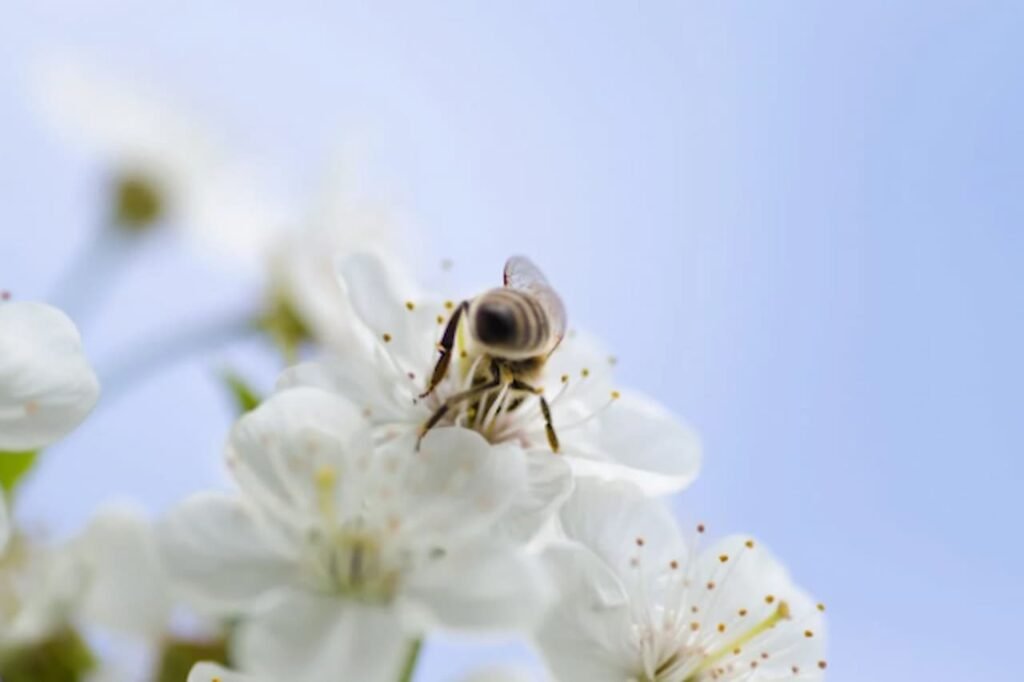Growing flowers in your garden is a fulfilling pastime that enhances the aesthetics of your house and supports good mental and physical health. But garden maintenance is not without its difficulties, particularly when you have to deal with the multitude of natural visitors who can turn your lush haven into their play area. Effectively handling these guests necessitates a planned approach to garden maintenance and a sophisticated comprehension of the environment.
Understanding your garden’s ecosystem
Each garden forms its ecology, drawing in various animals, from beneficial pollinators like bees and butterflies to unwanted visitors like rats and bugs. Your understanding of its job can greatly influence your approach to handling each organism in your garden. For example, although bees are necessary for pollination, certain insects and small mammals may harm your plants’ well-being and yield. It is crucial to know which guests are likely to be helpful and which may be dangerous since it will determine what safety measures and actions are required.
Implementing integrated pest management
Using a technique like Integrated Pest Management (IPM) can be especially beneficial for handling unwanted visitors. This tactic strongly emphasises starting with the least harmful options, such as installing barriers or doing manual insect removal. Chemical treatments are only considered when essential to ensure minimal influence on the garden’s ecosystem and non-target species. If you live in an urban region like Sheffield, getting professional advice from reputable pest control Sheffield companies can help you find ecologically responsible, locally-sourced solutions for your unique gardening problems.
Choosing the right plants
An essential first step in organically controlling pests is choosing the right plants. Because of their inherent scents or chemical makeup, several plants can ward off particular insects and pests. For instance, garlic can keep deer and bunnies from munching on your greens, while marigolds are widely recognised for repelling mosquitoes and aphids. Companion planting is another useful tactic to help naturalise garden management, which is grouping specific plants together to promote development or shield one another from pests.
Regular maintenance and monitoring
Well-maintained gardens have fewer serious pest issues. Trimming, weeding, and removing dead plant waste regularly reduces pest habitats and damage. Regular garden monitoring helps diagnose and correct issues early to prevent disease and insect spread. By being proactive, you may reduce chemical use and maintain garden health.
Educating yourself and staying informed
Finally, garden enthusiasts can greatly benefit from ongoing education and staying current on new pest management tactics and gardening approaches. Participating in neighbourhood gardening clubs and workshops and speaking with professionals can offer fresh perspectives and more efficient and environmentally friendly techniques. Your ability to maintain the delicate balance of the ecosystem in your home garden will depend on how well-informed you are.
Conclusion
More than merely pest management, controlling natural visitors in your garden requires a thorough understanding of the ecology and a deliberate strategy to intervene. By learning about natural visitors, choosing the right plants, and using smart pest management, you may have a successful garden that supports them.

